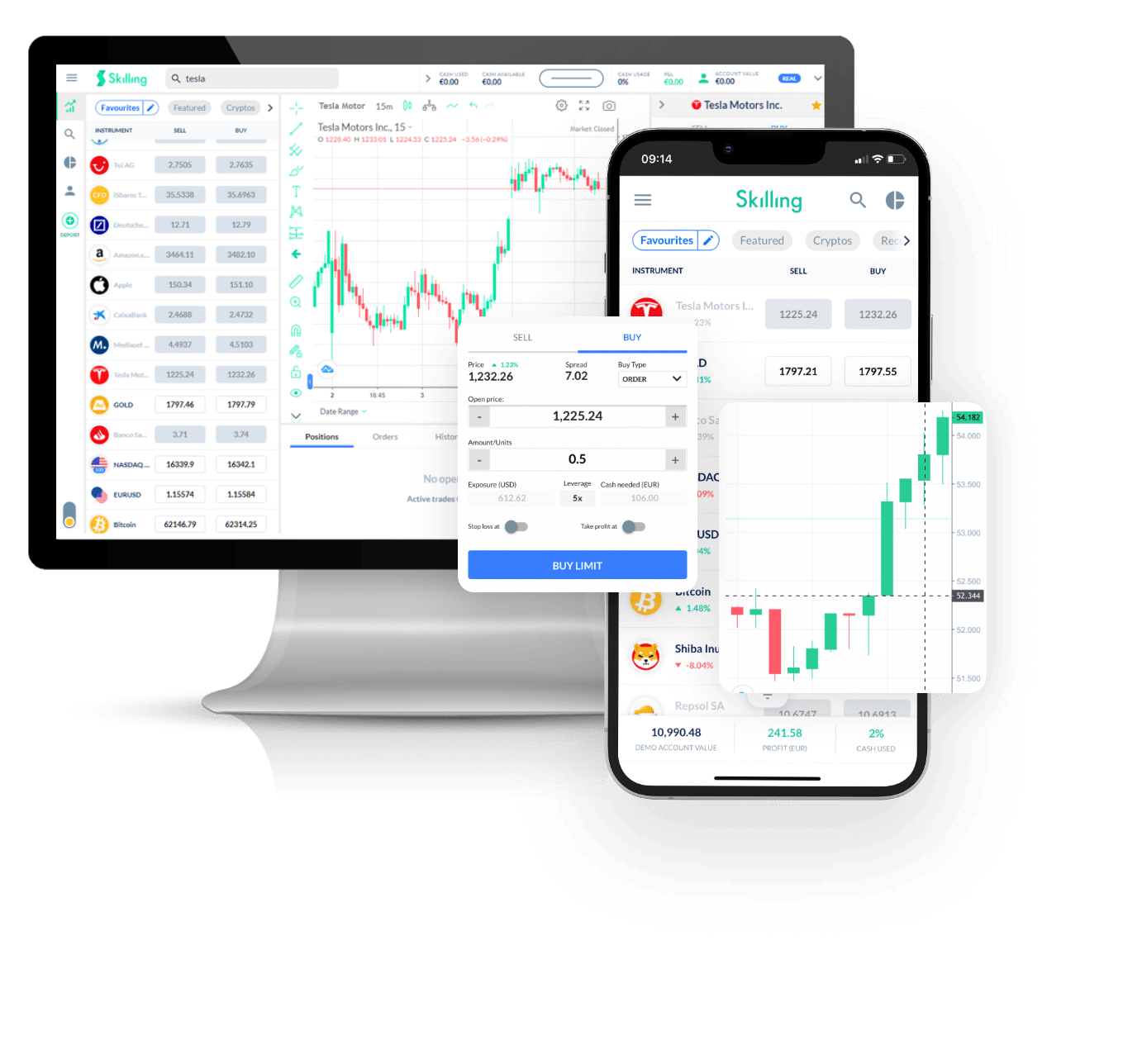Loading...
Zinc
[[ data.name ]]
[[ data.ticker ]]
[[ data.price ]] [[ data.change ]] ([[ data.changePercent ]]%)
Low: [[ data.low ]]
High: [[ data.high ]]
About
History
Why trade?
About
History
Why trade?
Zinc is one of the most traded commodities in the world and can be a great option for traders looking to diversify their portfolio. Zinc is used in many industries, from construction to automotive manufacturing, which makes it a more reliable commodity than some other options. However, trading zinc can come with its own set of challenges.
Before you start trading zinc, it’s important to be aware of the demand-supply dynamics of zinc. Zinc prices are highly correlated to industrial growth, so it’s important to keep an eye on global economic indicators when trading this commodity. You should also pay attention to supply and demand news such as mine closures or expansions that could have a significant impact on zinc prices.
Zinc is a widely traded industrial metal and its price has been on the rise in recent years. It is an essential input for many industries, ranging from construction to electronics manufacturing. To stay up-to-date on the latest zinc market news and trends, check out our live price chart. You can also look back at key events that have affected the zinc price throughout history.
With this information, you can gain insight into how economic and geopolitical developments may influence the market in the future. Being informed is key to successful trading, so don’t miss out on any important updates about zinc! Stay ahead of the curve with our list of metals news and insights.
Zinc is a versatile and widely used metal, with a wide range of industrial uses. Trading in Zinc can be an attractive option for investors due to the variety of ways it can be used, and its relatively low cost compared to other metals such as copper or gold. The main alternative metals typically traded instead of zinc are copper, lead, and aluminium, as these metals are also used in a variety of industrial applications.
While none of these metals offer the same range of uses as zinc, their cost may be lower depending on market conditions. Additionally, copper is more commonly traded than the other alternatives, so it can provide greater liquidity for traders. Ultimately, when deciding to trade zinc or an alternative metal, it’s important to consider the cost, liquidity, and industrial applications of each option.
| Swap long | [[ data.swapLong ]] points |
|---|---|
| Swap short | [[ data.swapShort ]] points |
| Spread min | [[ data.stats.minSpread ]] |
| Spread avg | [[ data.stats.avgSpread ]] |
| Min contract size | [[ data.minVolume ]] |
| Min step size | [[ data.stepVolume ]] |
| Commission and Swap | Commission and Swap |
| Leverage | Leverage |
| Trading Hours | Trading Hours |
* The spreads provided are a reflection of the time-weighted average. Though Skilling attempts to provide competitive spreads during all trading hours, clients should note that these may vary and are susceptible to underlying market conditions. The above is provided for indicative purposes only. Clients are advised to check important news announcements on our Economic Calendar, which may result in the widening of spreads, amongst other instances.
The above spreads are applicable under normal trading conditions. Skilling has the right to amend the above spreads according to market conditions as per the 'Terms and Conditions'.

Trade [[data.name]] with Skilling
Take a view on the commodity sector! Diversify with a single position.
- Trade 24/5
- Tight spreads
- Average Execution at 5ms
- Easy to use platform
Why Trade [[data.name]]
Make the most of price fluctuations - no matter what direction the price swings and without the restrictions that come with owning the underlying asset.
CFD
Actual Commodities
Capitalise on rising prices (go long)
Capitalise on falling prices (go short)
Trade with leverage
Trade on volatility
No commissions
Just low spreads
Manage risk with in-platform tools
Ability to set take profit and stop loss levels

